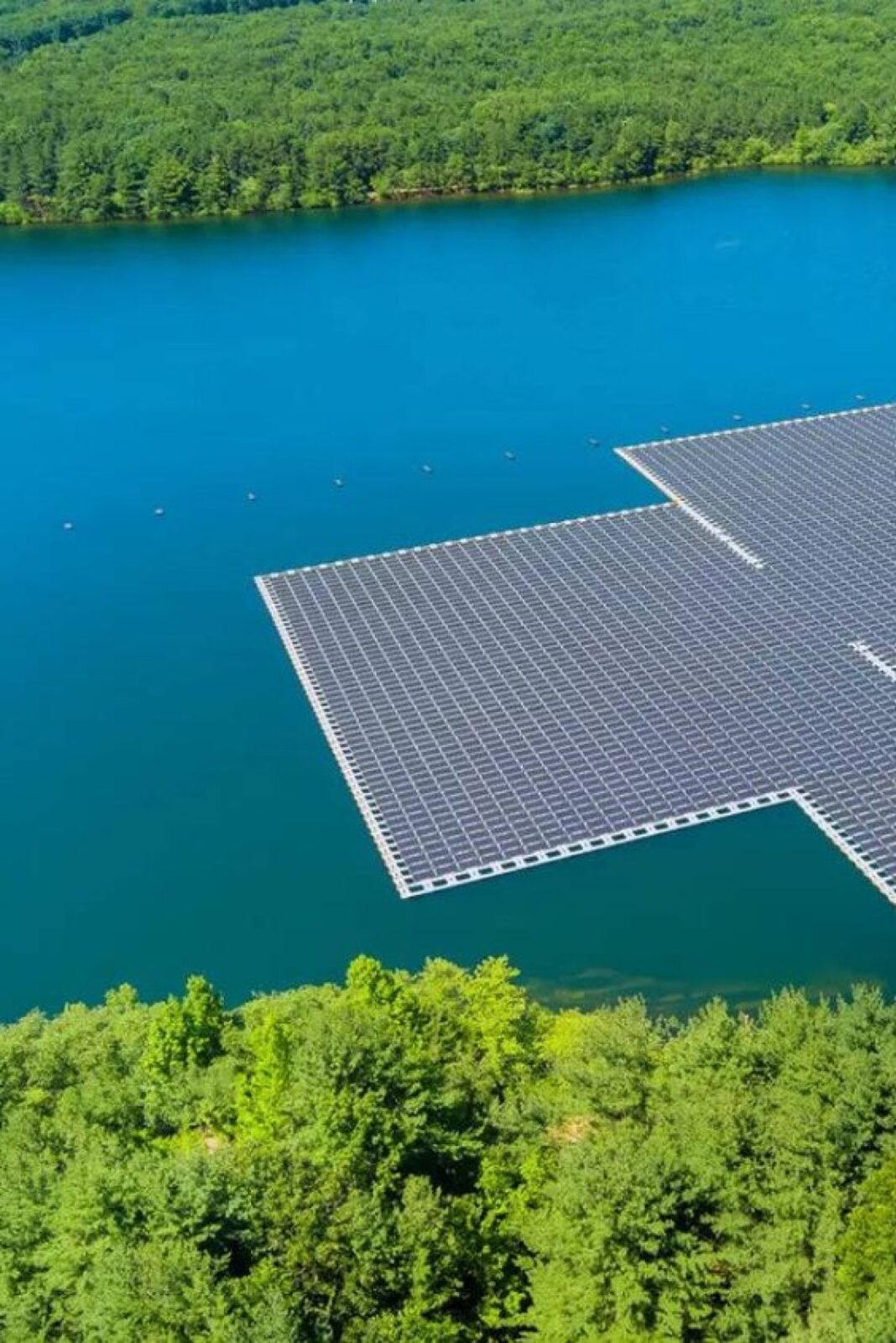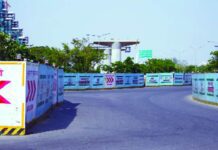SAIL’s Bhilai Steel Plant, a pioneering establishment dating back to 1955 and a vital part of the Steel Authority of India Limited (SAIL), is set to make history in Chhattisgarh by launching the state’s first 15-megawatt (MW) floating solar project at its Maroda-1 reservoir. This forward-looking move is part of SAIL’s broader efforts to minimize its carbon footprint, especially in the energy-intensive steel manufacturing sector.
The project execution will be handled by the NTPC-SAIL Power Supply Company Limited (NSPCL), a joint venture between the National Thermal Power Corporation (NTPC) and SAIL established in 2001. NSPCL’s primary objective is to provide power supplies to SAIL’s Bhilai, Durgapur, and Rourkela Steel plants, all located in East India.
The Maroda reservoir, where the floating solar project will be deployed, covers an area of 2.1 square kilometers and has a substantial water storage capacity of 19 cubic millimeters (MM3). This reservoir not only serves the steel plant but also provides water for the township.
This initiative is significant as it marks the debut of floating solar technology in Chhattisgarh. The power generated, estimated at 34.26 million units per year, will be utilized by the Bhilai Steel Plant as captive power, contributing to its energy self-sufficiency. The project is expected to be awarded an Engineering, Procurement, and Construction (EPC) contract shortly, with a target completion date set for the next year.
Despite challenges faced by floating solar projects in other regions, such as at the Nangal Pond reservoir in Himachal Pradesh and the Omkareshwar Floating Solar Plant in Madhya Pradesh, this venture demonstrates SAIL’s commitment to sustainable practices. The initiative also highlights the proactive role of public sector undertakings (PSUs) in driving renewable energy adoption, especially when private sector interest is limited due to cost and technical uncertainties.





